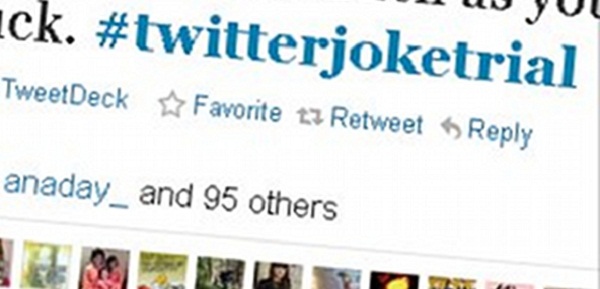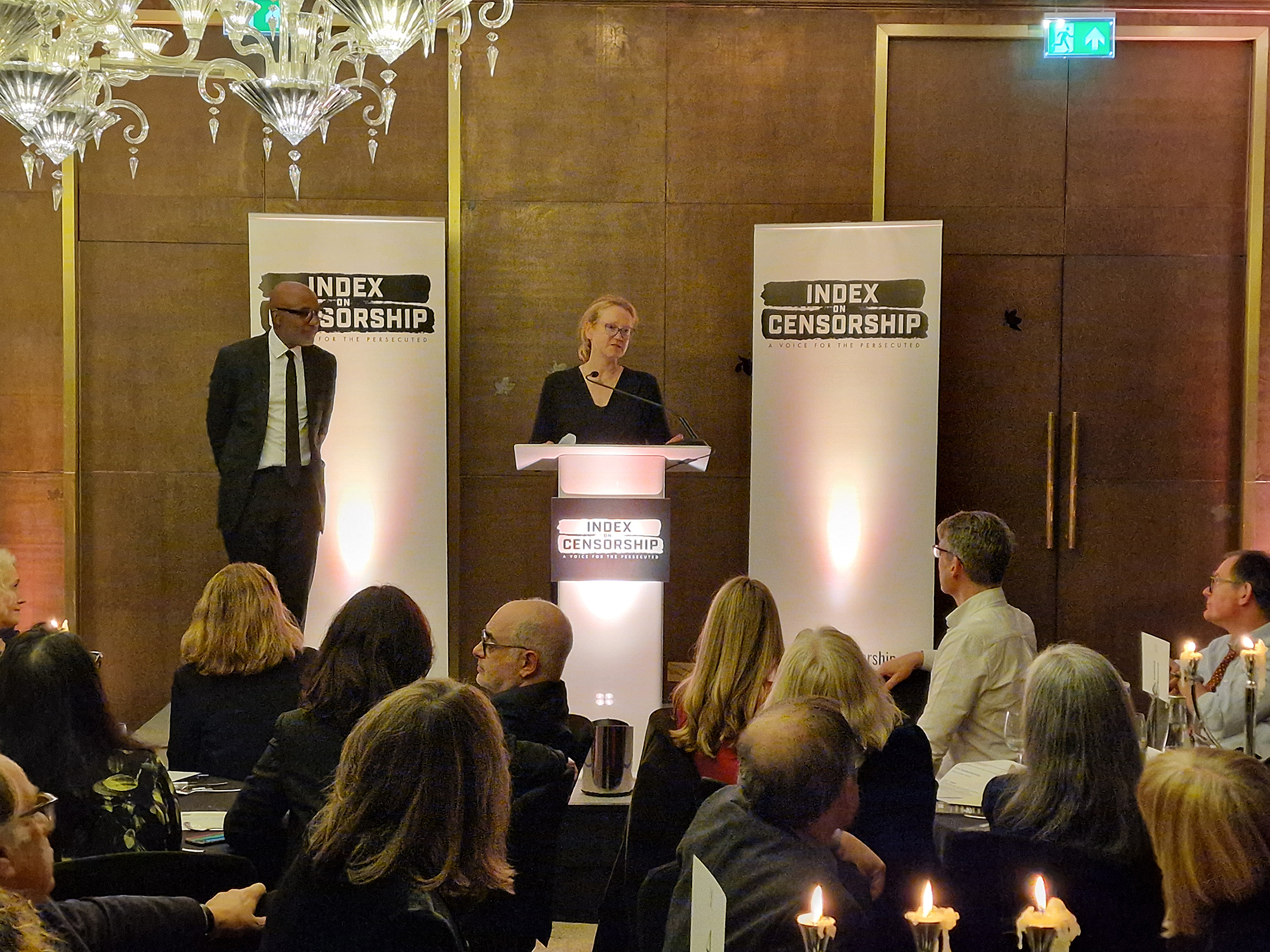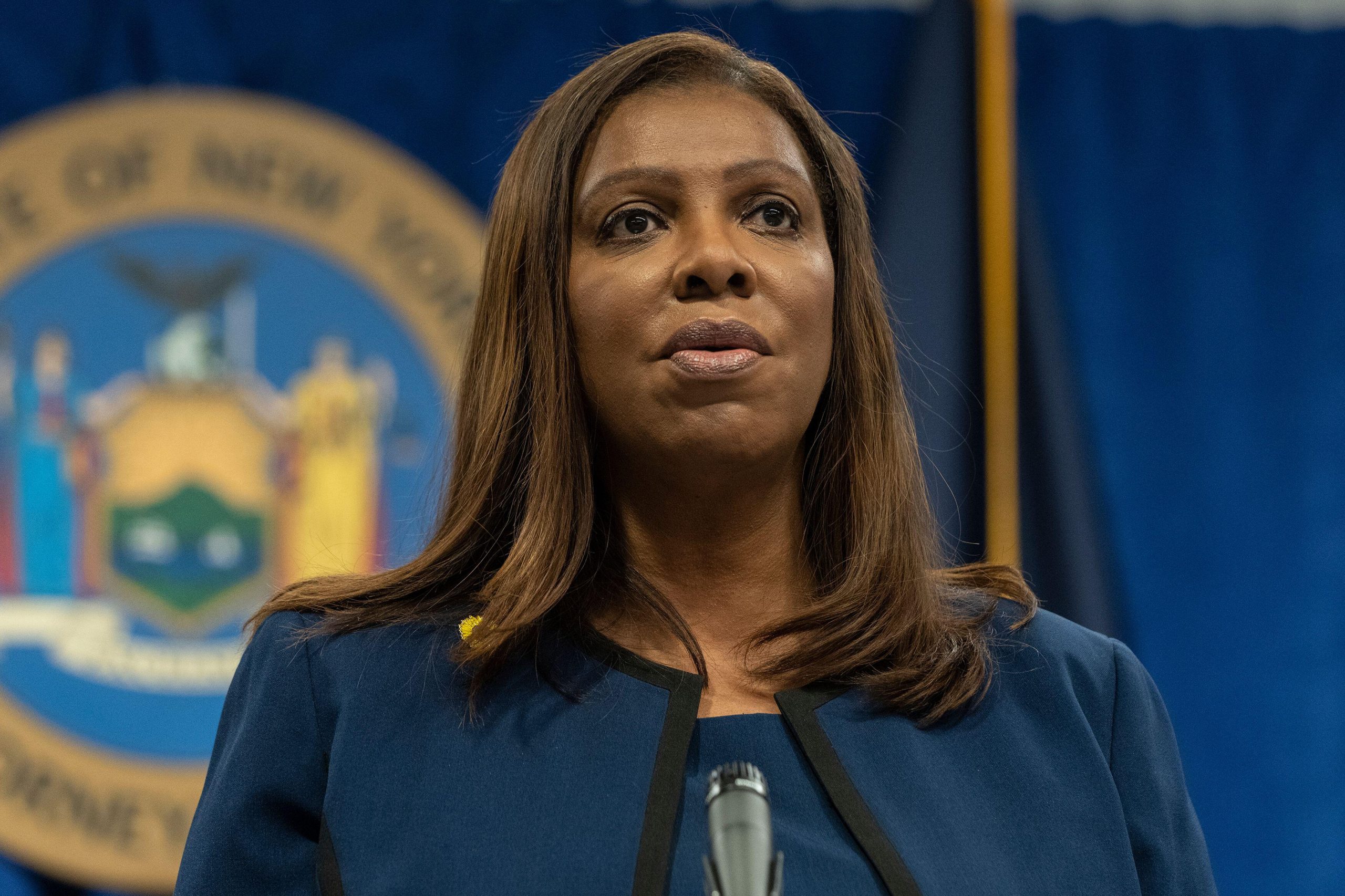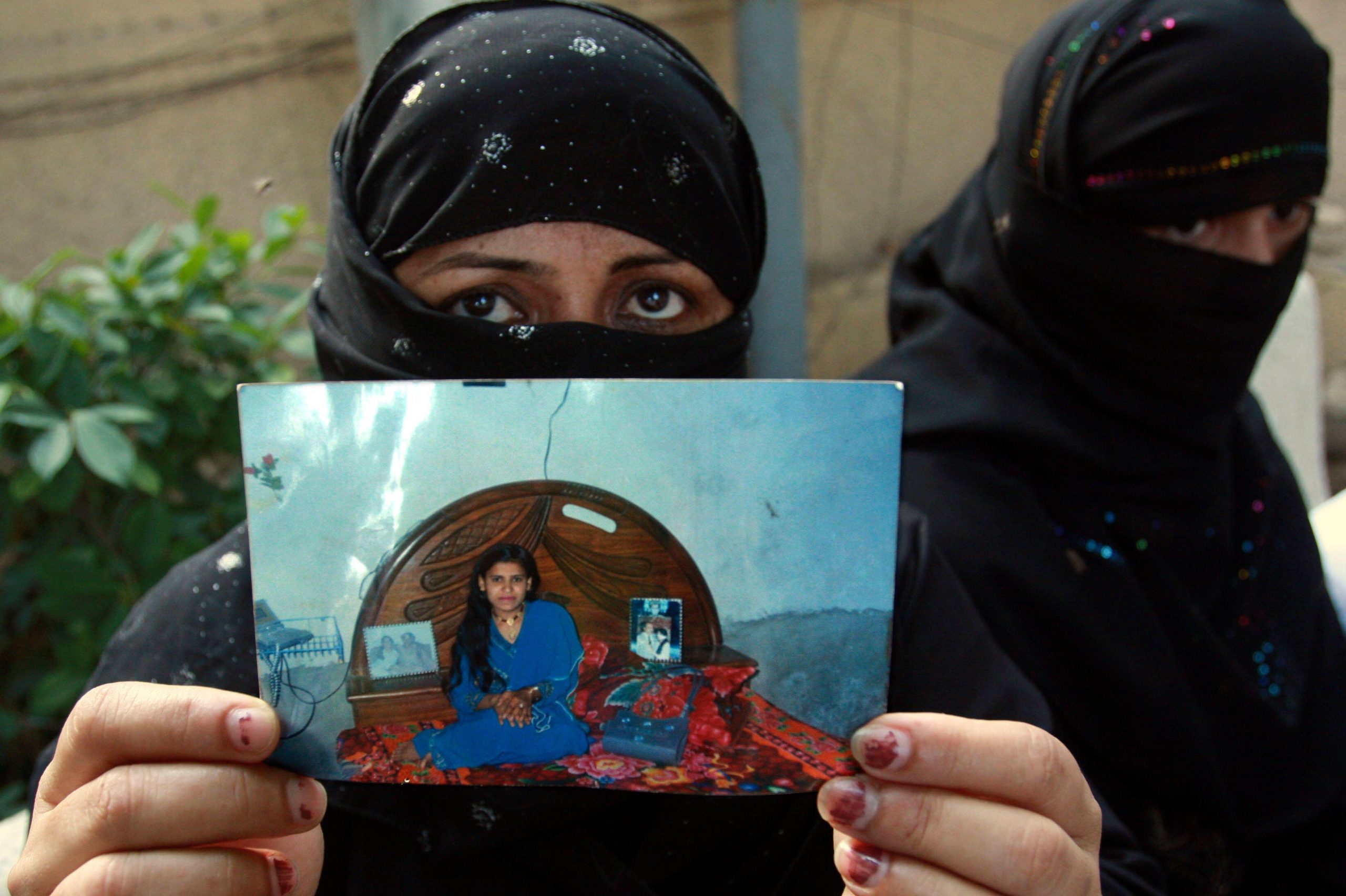In the age of social media, the European Union needs to defend free expression. But it often falls far short, says Padraig Reidy
The European Union makes great play of its commitment to free expression. All EU countries are signatories to the European Convention on Human Rights, Article 10 of which states:
Everyone has the right to freedom of expression. This right shall include freedom to hold opinions and to receive and impart information and ideas without interference by public authority and regardless of frontiers.
Clause two of the article stipulates several exceptions to this, but citizens of the EU are, broadly speaking, free to criticise their governments and heads of state, to question officials and hold power to account. But this doesn’t mean that there are not real challenges to free speech.
As more and more communication strays into the realm of publication via social media, people in democratic countries find themselves increasingly subjected to restrictions on free speech. In the UK, laws meant to govern different types of communication are now used to bring prosecutions for speech on social media.
Cases such as those of Liam Stacey, Azhar Ahmed and Paul Chambers in the UK have seen prosecution for the posting of “offensive” or “menacing” content on social networks, under laws designed either to prevent the outbreak of violence, or harassment via emails and phonecalls. The question for the democratic world raised by social technology is complex: do we continue with old laws, create new ones governing social media interaction, or accept the idea that the speed with which technology advances will make governing of online communication impractical if not impossible?

Azhar Ahmed was convicted for posting “grossly offensive” material (above) on Facebook
The issue of “extremism” often collides with free speech. In the UK, members of (now-banned) group Al Muhajiroun have faced prosecution for, among other crimes, calling for the death of British soldiers in Afghanistan, and burning poppies on Rememberance Day. Judgments in these cases have essentially found the perpetrators guilty of “offensive” statements and actions which run counter to the general societal consensus, disregarding any notion of protected political speech.Throughout Europe, many countries which experienced the full horrors of Nazism have laws against the denial or belittling of the Holocaust. While the impulse to prevent a repeat of the rise of Nazism, as well as to honour the memories of those who were murdered, is understandable, such laws can only be seen as a direct contravention of the right to free expression, placing a certain topic, however sensitive, beyond the limits of discussion. Far-right figures such as David Irving, Horst Mahler and Jean Marie Le Pen have all been convicted for Holocaust denial.French President Francois Hollande has signalled his intentionto bring in similar laws to criminalise denial of the Armenian massacres of 1915, in a mirror of Turkey’s penal code, which prevents discussion of the same subject.
Privacy and reputation
Privacy and reputation have also proved controversial. English libel laws have been particularly contentious over the last three years, with Index and its partners in the Libel Reform Campaign arguing that they have a chilling effect on free speech in the UK and beyond. Cases such as those brought against science writer Simon Singh and cardiologist Dr Peter Wilmshurst, as well as several infamous “libel tourism” cases, where claimants with little or no reputation in British society used London’s court to silence criticism abroad, demonstrated the need for reform.The campaign has focused on providing a strong public interest defence, allowing journalists, academics and bloggers to write freely and honestly on controversial issues and public figures without fear of long and potentially ruinous defamation cases brought by the rich and powerful. However, a balance must be struck between the right to free expression and the right of redress for people who have been genuinely wronged.
The European Court of Human Rights has seen several controversial cases bringing the press into conflict with individuals’ right to privacy. Cases such as Von Hannover v Germany, MGN v United Kingdom, Mosley v United Kingdom have all been key in the definitions of public sphere, public interest and privacy, seen the pendulum swing back and forth in an area that, it seems, will forever be contentious. In Spain and Germany, reputation issues have led to moves to stop search engines from indexing sites detailing previous bankruptcies etc, as part of the controversial idea of a “right to be forgotten”.
Breaches of privacy via “phone hacking” brought about a crisis in the British media, leading to the establishment of the Leveson Inquiry, due to report in autumn 2012. The Inquiry is expected to make recommendations on the regulation of the press, an issue approached in many different ways throughout Europe. In Britain, “state regulation” is seen by many as having negative conotations for free expression, though many countries, including Ireland have established some kind of “statutory underpinning” of the press. In Hungary, draconian laws severely limiting media ownership and press freedom have been partially withdrawn after an international outcry.
The Leveson Inquiry has also thrown up questions of media ownership, with widespread concern at the dominance of the national newspaper market by Rupert Murdoch’s News International. The most troubling excess of this dominance was seen during Silvio Berlusconi’s rule as prime minister in Italy, when dissenting voices were marginalised bothy by state television and by Berlusconi’s TV stations, which held a huge portion of the market.
The shifting nature of public discourse in democratic societies means that the debate over free expression can take on many different forms. But the crucial point is that any restriction on free speech must be reasonable, proportionate, and limited. An assumption in favour of free expression should be the norm.
Padraig Reidy is News Editor at Index on Censorship. He tweets at @mepadraigreidy





